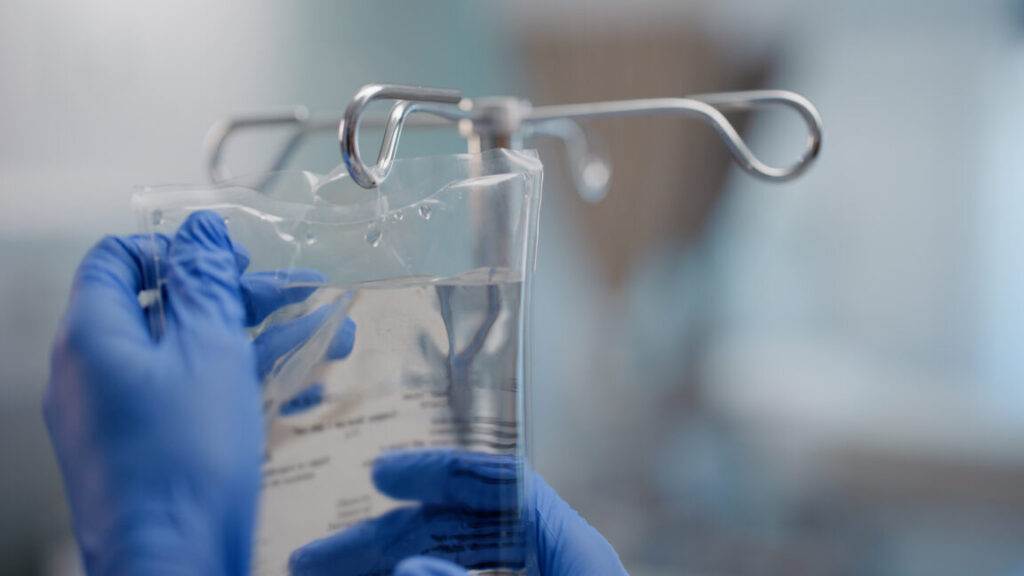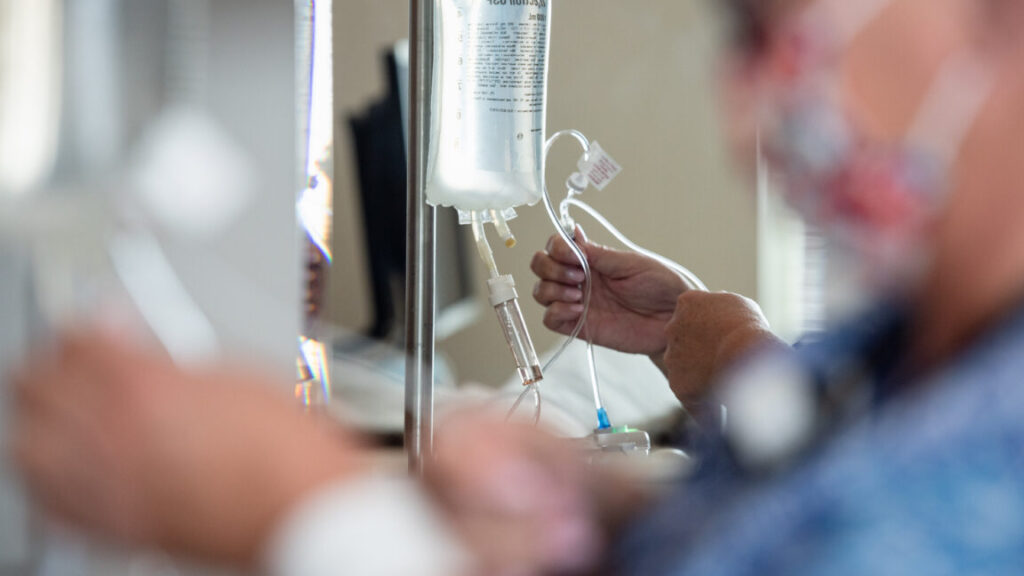Health care company says Trump tariffs will cost it $60M–$70M this year
In the call, Grade noted that only a small fraction of Baxter’s total sales are in China. But, “given the magnitude of the tariffs that have been enacted between the two countries, these tariffs now account for nearly half of the total impact,” he said.
The Tribune reported that Baxter is now looking into ways to dampen the financial blow from the tariffs, including carrying additional inventory, identifying alternative suppliers, alternative shipping routes, and “targeted pricing actions.” Baxter is also working with trade organizations to lobby for exemptions.
In general, the health care and medical sector, including hospitals, is bracing for price increases and shortages from the tariffs. The health care supply chain in America is woefully fragile, which became painfully apparent amid the COVID-19 pandemic.
Baxter isn’t alone in announcing heavy tariff tolls. Earlier this week, GE Healthcare Technologies Inc. said the tariffs would cost the company around $500 million this year, according to financial service firm Morningstar. And in April, Abbott Laboratories said it expects the tariffs to cost “a few hundred million dollars,” according to the Tribune.
Health care company says Trump tariffs will cost it $60M–$70M this year Read More »



